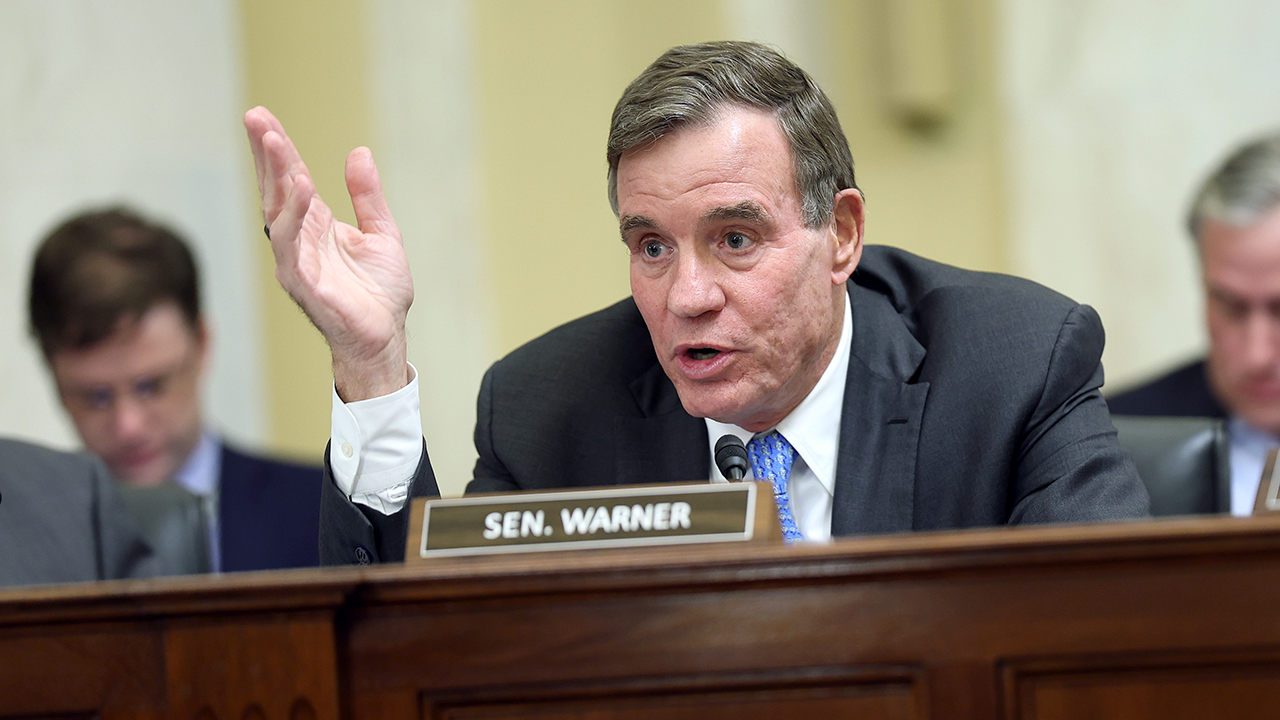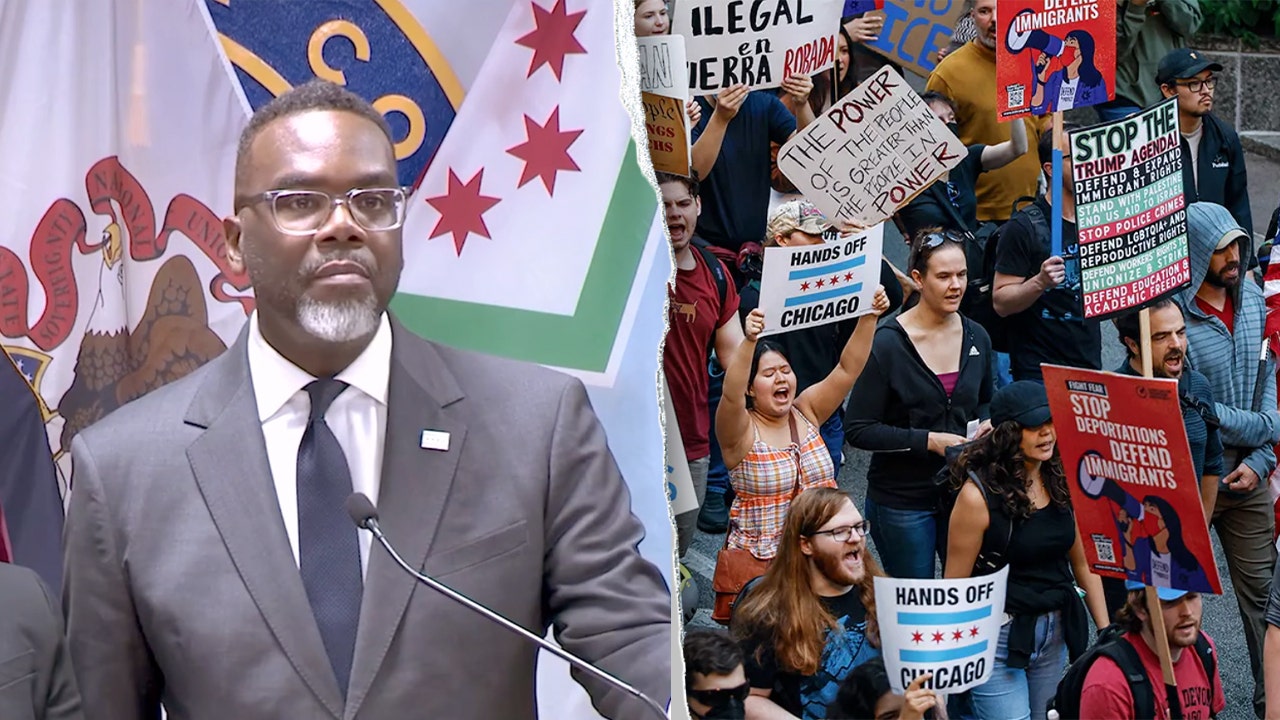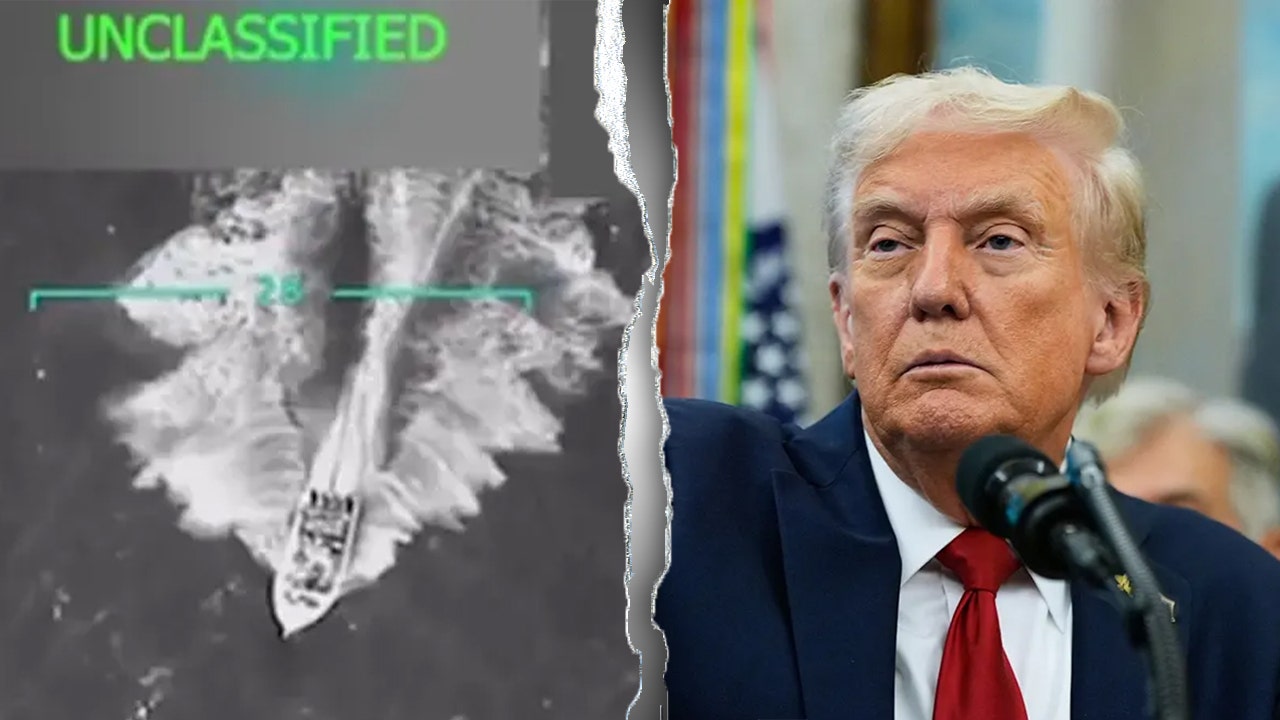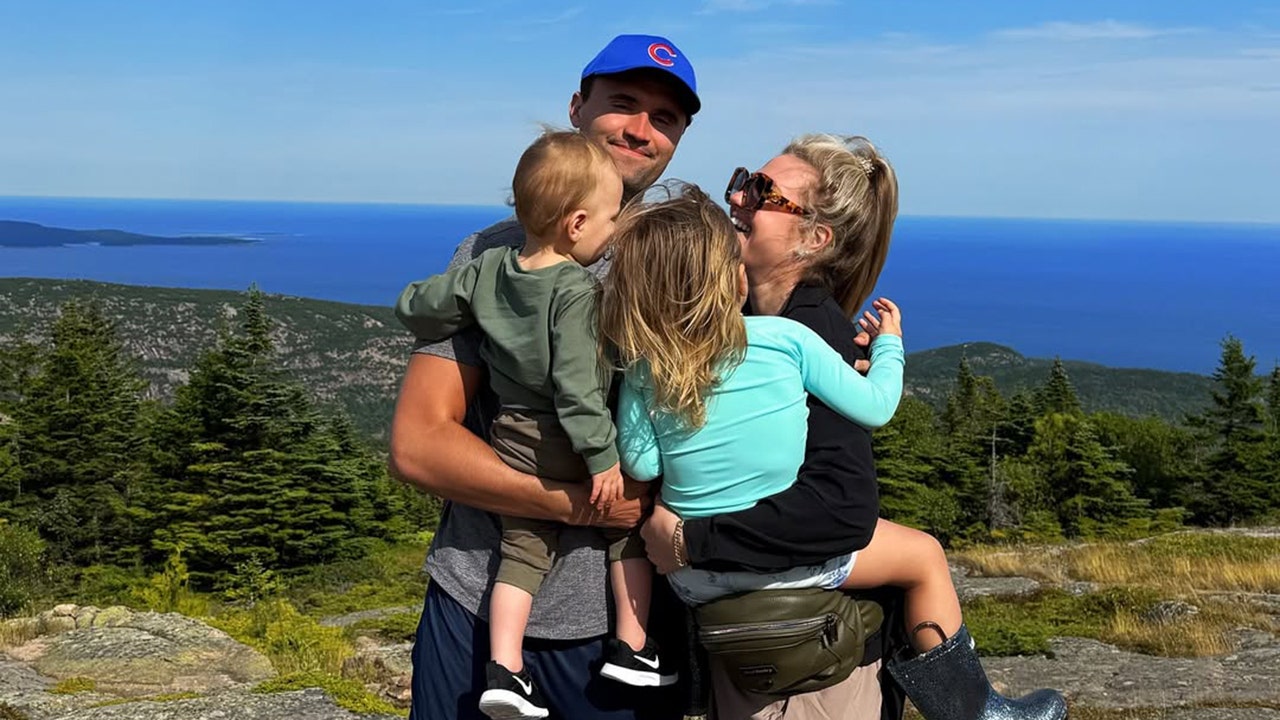Judge rules in favor of Russian Harvard scientist detained by ICE for smuggling
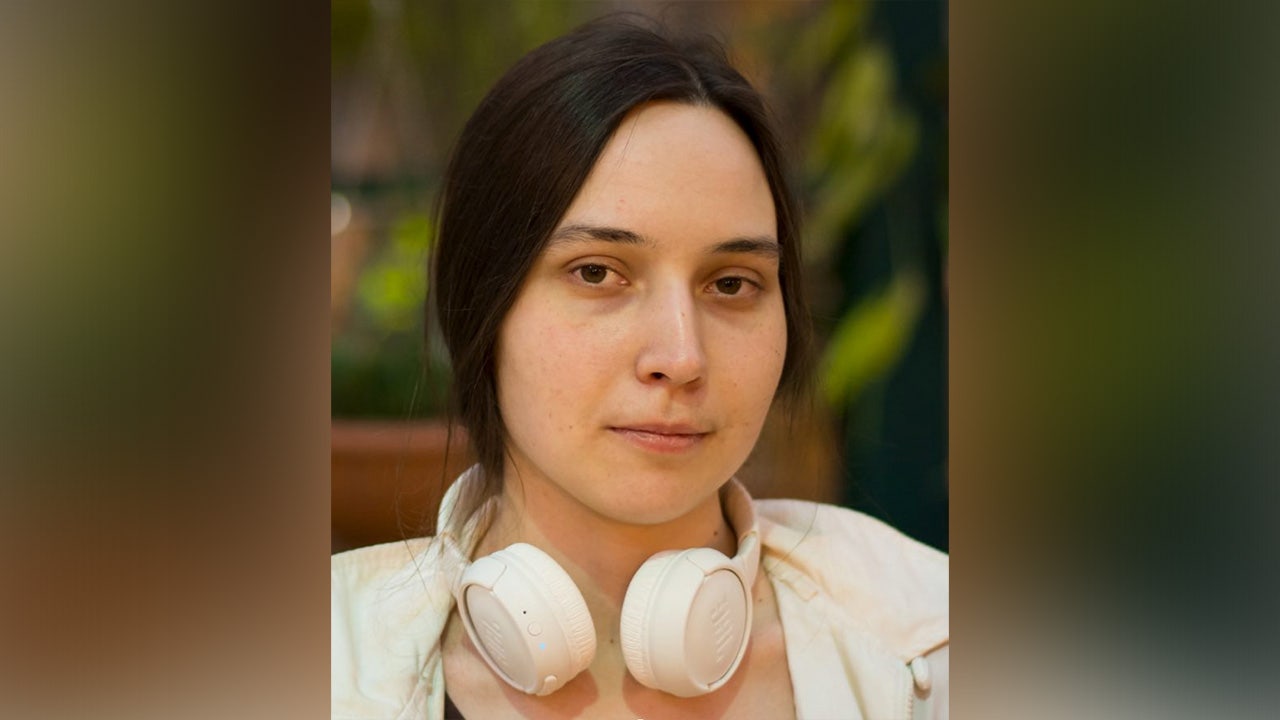
A federal judge in Vermont has ruled in favor of Kseniia Petrova, a Russian Harvard scientist who was detained by ICE and accused of smuggling goods into the U.S. The ruling states that if Petrova is granted bail and released at her criminal hearing next week, ICE cannot detain her once again.
Petrova, 31, was initially detained by ICE before being transferred to criminal custody earlier this month. The Trump administration is seeking to deport her back to Russia following her detention at Boston’s Logan Airport in February. Petrova has been working as a researcher at Harvard Medical School for over two years, and colleagues at the school testified in her defense at Wednesday’s hearing.
Authorities charged Petrova with smuggling biological material after TSA allegedly found clawed frog embryos and embryonic samples in her luggage. However, the judge determined that Petrova is not a flight risk and does not pose a danger to the community. Her criminal bail hearing is scheduled for next week in Massachusetts.
The U.S. Attorney’s Office claims that Petrova initially denied having the biological material but later admitted to carrying it. Prosecutors also allege that Petrova’s text messages indicate she was aware that she needed a permit to bring in the biological material found in her luggage.
Petrova’s attorney, Gregory Romanovsky, argues that customs experts confirmed that his client did not require a permit to bring in non-living scientific samples that are not considered biological material under U.S. Customs law. Petrova was bringing back frog embryos at the request of a professor at a French lab that Harvard is collaborating with.
In a recent New York Times op-ed, Petrova expressed her fear of being arrested in Russia if deported, as she has been critical of the war in Ukraine. She admitted to not filling out a customs form regarding the frog embryos in her luggage but believed it would only result in a warning or fine, not an arrest.
The judge’s decision to rule in favor of Petrova highlights the importance of her work at Harvard, particularly in cancer research. The case has garnered significant attention and support from the scientific community, with many advocating for her release and continued contributions to the field.
As Petrova awaits her criminal bail hearing next week, the outcome will likely have far-reaching implications for her future in the U.S. and the broader scientific community. Stay tuned for updates on this developing story.

